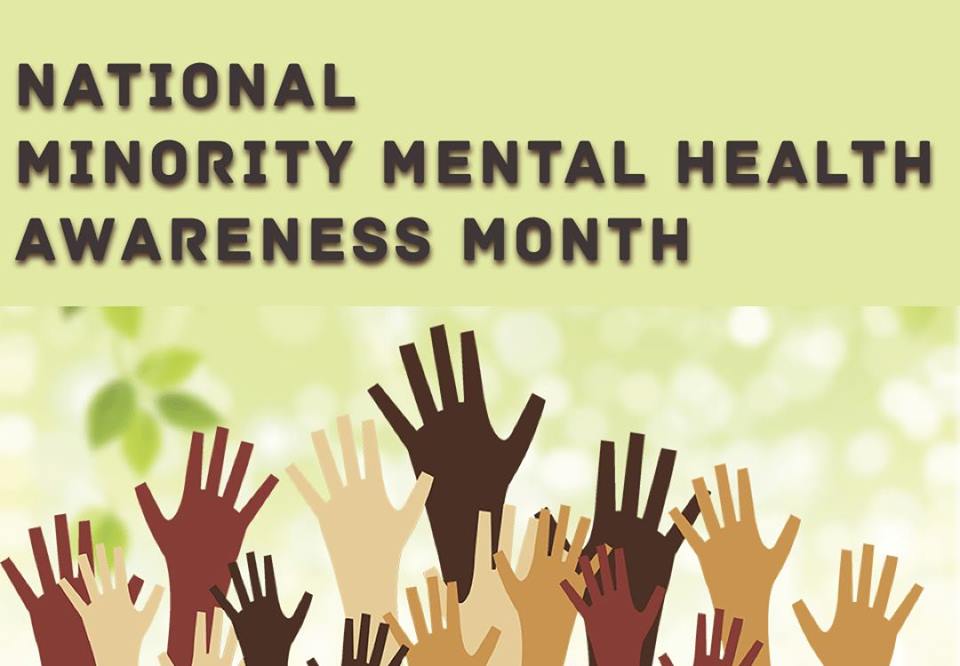
July is Minority Mental Health Awareness Month. This month was dedicated to bring awareness of the many unique struggles minority groups face in regards to mental health. As a therapist at L&B Counseling and striving to break the stigma of counseling, I would like to share my story as an Asian American.
I moved to the United States from Germany when I was 12 years old with my 2 younger sisters. My parents sent us to live with our relatives. They believed that if we lived in the U.S. we would have better access to better education. Our parents took turns coming to visit us. Saying goodbye to them after each visit was the hardest thing I had to do at the time.
There was one particular time I’ll never forget. It was when we dropped my mom off at the airport. I remember crying because I didn’t want her to leave. In my family, I was the one who always cried. I never forgot her words that day, “Minh, don’t cry, you have to be strong.”
I grew up believing staying silent and not sharing emotions was a sign of strength. If you are going through something, you had to keep moving forward, despite of what you’re feeling. I did not know how to talk to my family. I grew up in a household where we showed no signs of affection or emotion. Talking about your problems to someone outside the family is considered taboo, for that would only bring on shame to the family.
Despite the progress the U.S. has made in normalizing mental health, there is a lack of understanding in the Asian American community. They may not understand that mental health is a part of their overall well-being. Therefore, they will deny any symptoms of mental health, and instead treat it as a physical symptom. According to the CDC, Asian Americans are the least likely of any ethnic group to report any symptoms of mental health or seek mental health services. Unfortunately, due to language barriers and the lack of awareness of resources, Asian Americans seek the support from family and religious communities (Mental Health American – MHA).
When I made the decision to become a therapist, it was unheard of. To this day, I am still asked by the Asian community what my profession is, and I still get the same surprised reactions when they learn about what it is that I do. As an Asian American therapist, I fight every day to end the stigma of mental health. So I ask all of you to keep fighting with me. Thank you!
Written by: Minh Bui
